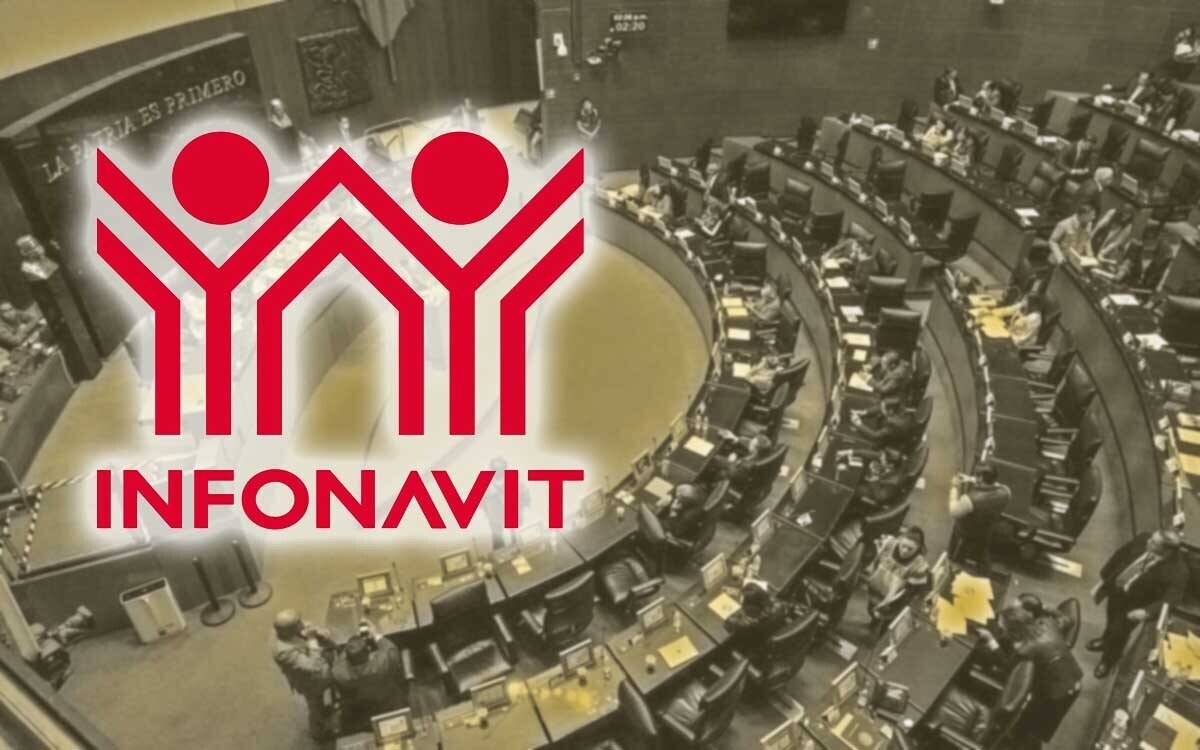
The joint committees on Urban Restructuring and Housing, and Legislative Studies of the Senate of the Republic approved the reforms to the National Workers' Housing Fund Institute (Infonavit), allowing the institution to build and lease houses through a subsidiary company. The project was approved in committee in the terms sent by the Chamber of Deputies.
Senator Manuel Huerta of Morena defended the reform as an attempt to break with the profit-making scheme of real estate companies and financial institutions that generated unpayable credits. On the other hand, the opposition accused the ruling party of wanting to appropriating the workers' savings. For PAN member Mayuli Martínez, the lack of transparency and accountability of the subsidiary company is worrying.
PRI Senator Mely Romero Celis expressed her concern that the reform does not guarantee greater access to housing for the population, but seeks to take absolute control of Infonavit and the workers' savings. For her part, Ciudadano Movement Senator Alejandra Barrales warned that the proposal puts individuals' assets at risk by excluding the participation of workers and entrepreneurs in the subsidiary company.
The reforms to the Infonavit Law and the Federal Labor Law indicate that Infonavit resources will be allocated to the construction of housing through a subsidiary company to promote social leasing or acquisition for the benefit of the entitled workers. Additionally, it establishes that housing construction will boost local economic development and job creation.
The Ministry of Finance and Public Credit will oversee the credit operations of the Institute, and the Superior Audit Office of the Federation will be responsible for auditing the Institute's activities. The housing subaccounts and housing credits of the workers will be considered inviolable and will not be subject to audits or reviews.














